Israeli biotech firm Pluri has partnered with Ukraine to supply an innovative placenta-derived cell therapy as an emergency treatment for radiation sickness, aiming to bolster preparedness in the event of a nuclear attack or accident.
Ukraine has signed a groundbreaking agreement with Israeli biotech firm Pluri to stockpile and potentially deploy its placenta-based cell therapy, PLX-R18, as a treatment for life-threatening radiation sickness, officials confirmed on Thursday.
The partnership with Ukrainian cord blood bank Hemafund will enable the country to store and distribute 12,000 doses of the therapy, sufficient to treat 6,000 individuals in the event of a nuclear incident. The treatment, which harnesses expanded stem cells from donated placentas, is designed to regenerate blood cells destroyed by acute radiation exposure.
Hematopoietic acute radiation syndrome (H-ARS), a fatal condition caused by high levels of ionizing radiation, can lead to severe anemia, infections, and internal bleeding. Without intervention, it is often fatal within weeks.
Pluri’s proprietary 3D cell expansion technology enables stem cells from a single placenta to be multiplied into billions, capable of treating over 20,000 patients. Once injected, the therapy stimulates the body’s regeneration of white blood cells, red blood cells, and platelets.
“Our goal is to stand ready to distribute this potential therapy in the event of an emergency,” said Hemafund founder Yaroslav Issakov. “While we hope such treatments remain precautionary, Ukraine must be prepared.”
The cell therapy has demonstrated remarkable results in animal trials, increasing survival rates from 29% to 97% when administered after radiation exposure. The U.S. Food and Drug Administration has already granted PLX-R18 Orphan Drug Designation and cleared it for investigational use.
Pending funding and regulatory approvals from Ukraine’s health ministry, the treatment could become a cornerstone of the country’s emergency preparedness plan. The agreement is expected to generate more than $100 million in value and may lead to expanded clinical trials to formally register the therapy in Ukraine.
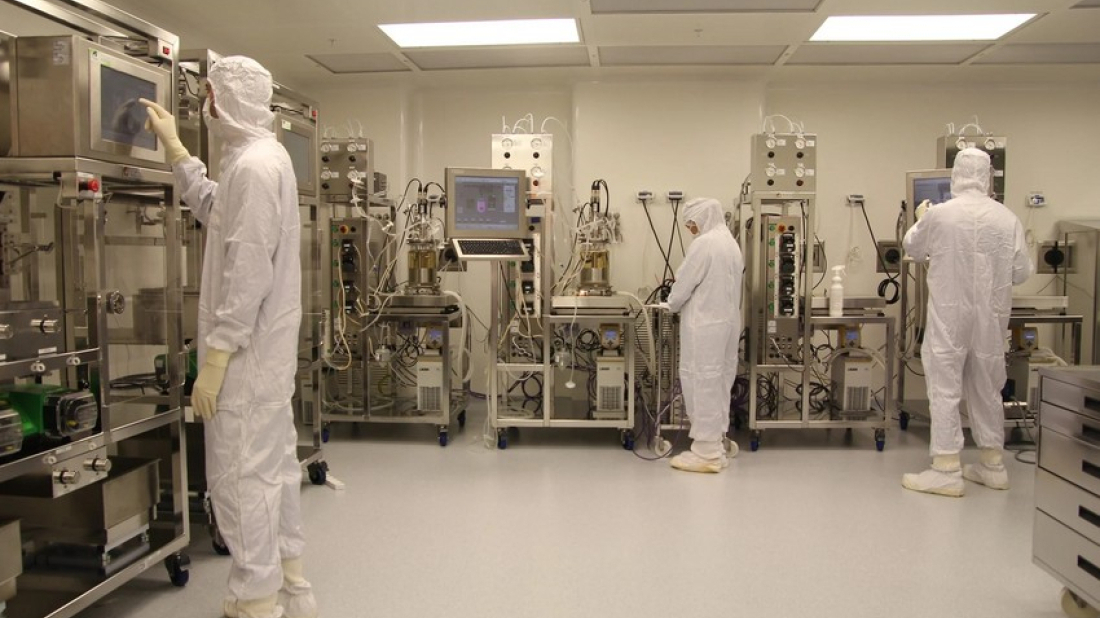
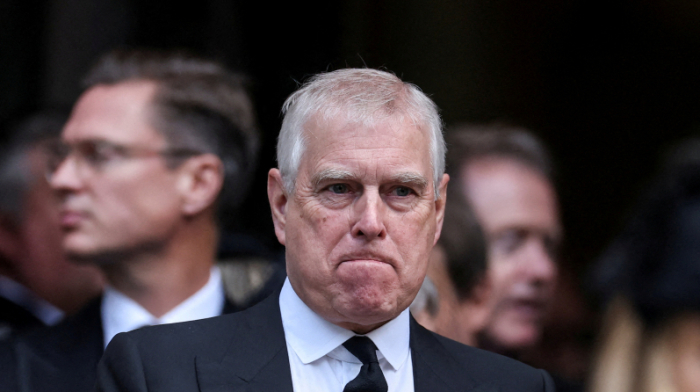
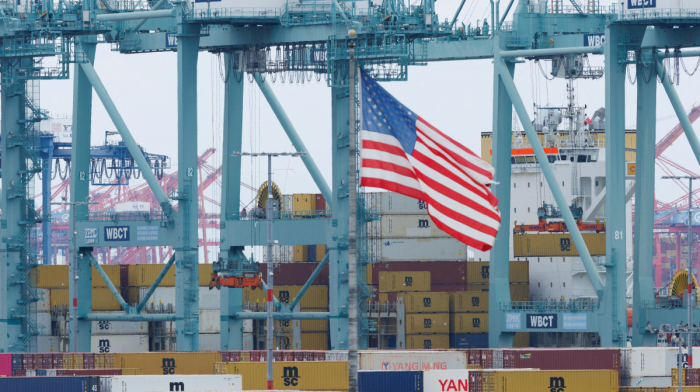

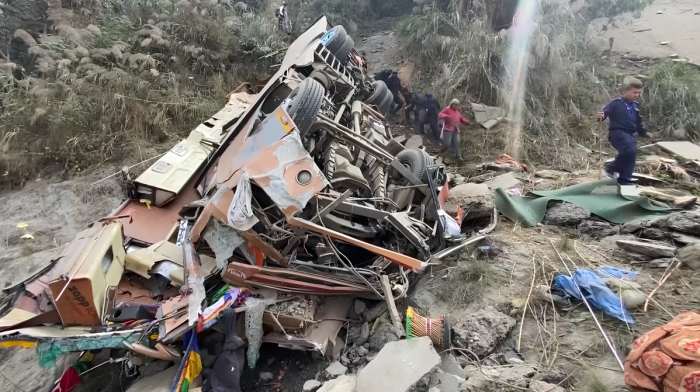
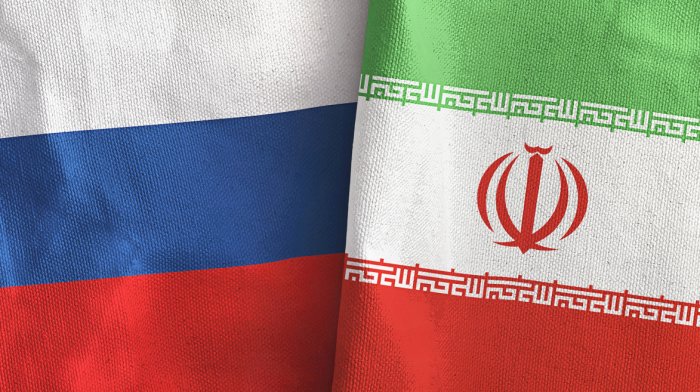

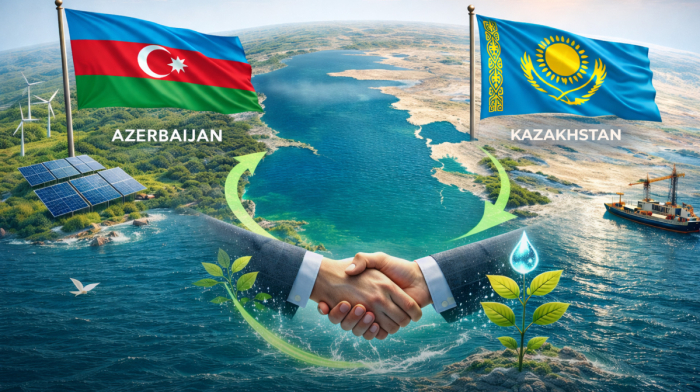
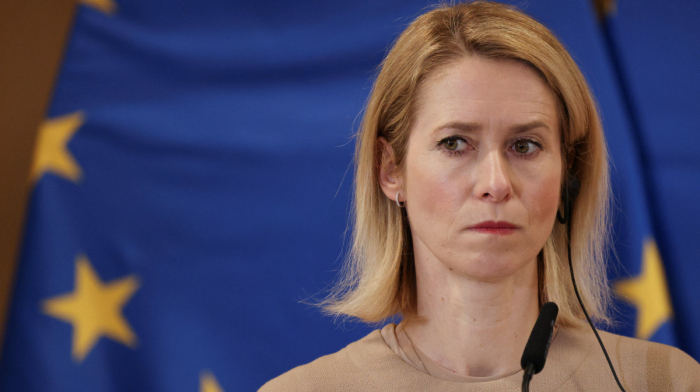
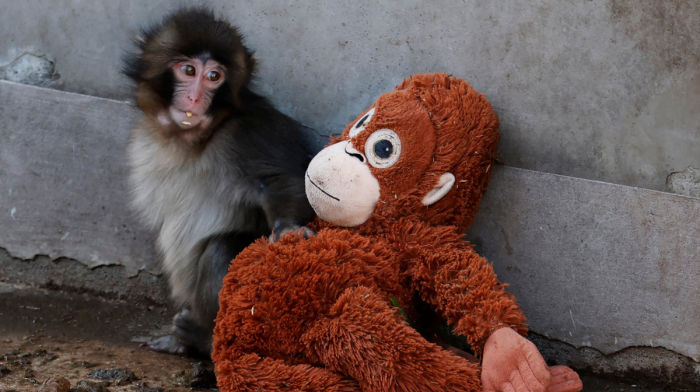
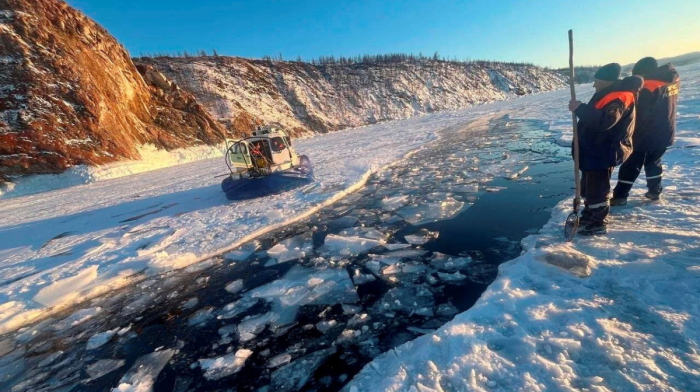
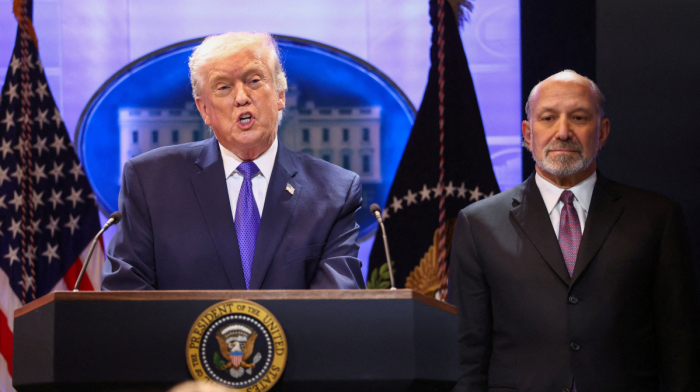
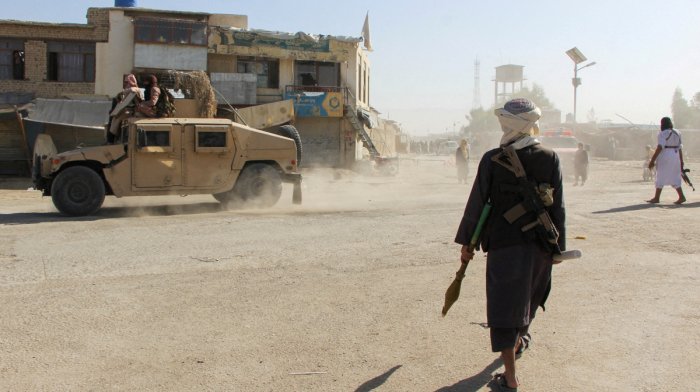
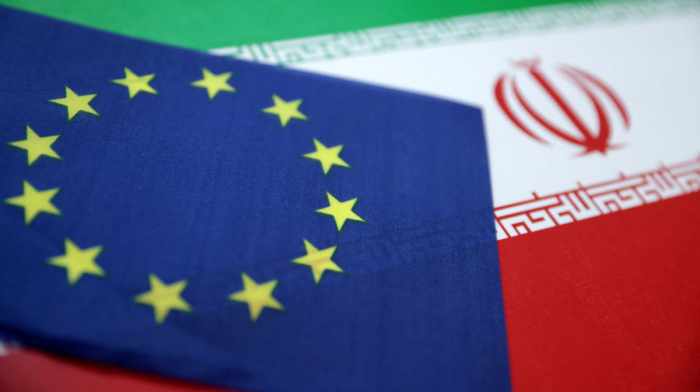



What is your opinion on this topic?
Leave the first comment